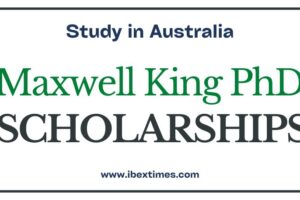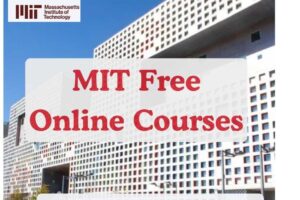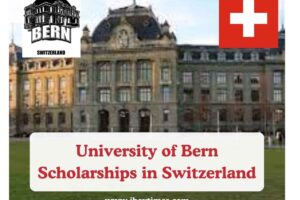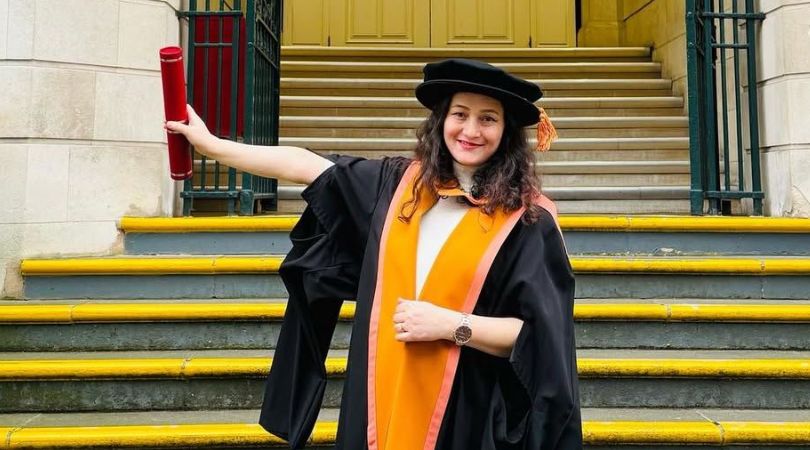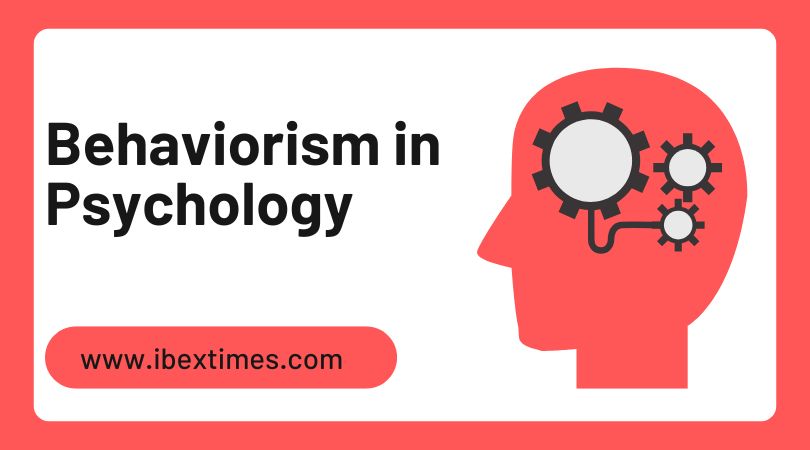The relationship between science and religion has been at the heart of philosophical and theological discussions and debates.
To what extent, science and religion are compatible? Do religious beliefs resonate with the scientific way of thinking. Do they act as the antithesis of each other? These and other more or less similar questions are dealt with in an interdisciplinary field called Theology and Science.
This interdisciplinary field of study deals with historical and current interconnection between both fields. The fundamental aim is to undertake discussion thereby giving a philosophical analysis of their interrelationship.
Models of relationship between science and religion
By models of relationship here, we mean the main categories of scholastic views with reference to the relationship between Science and religion. There are various classifications given by scholars in connection with the relationship between them both. But, Ian Barbour takes the credit to have given the most influential typology of how science and religion are interrelated.
According to Ian, there is a fourfold classification i.e. conflict model, independence model, dialogue model, and integration model.
1. Conflict Model
According to the conflict model, religion and science are incompatible and have little in common. Both are in a continuous and principal conflict. The advocates of science and religion compete and make rival literal statements about the same thing with an endless debate. Both assume that if religion is right, science is wrong, and vice versa.
Those upholding this theory give the example of the trial of physicist and astronomer Galileo Galilei is given in justification. Galileo had to face imprisonment on charges of heresy for refusing to accept Church orthodoxy that the Earth as the center of the universe was in a static position.
Another example in this regard is the reception of Darwin’s theory of natural selection and evolution which conflicted with the literal account of creation in the Bible. His views brought him in direct conflict with the Catholic church.
Critique on Conflict Model
A good number of scholars disagree and are critical of the conflict model. According to them, the theory is not based on an in-depth and impartial study of the historical record. According to Alvin Plantinga (2011), the conflict is not between science and religion, but between science and naturalism.
2. Independence Model
According to the independence Model, both science and religion are two tally different areas that pose unique and distinct queries related to life and the universe. This school of thought is of the view that religious leaders and scientists should not interfere in each other’s domains and mind their own business.
The protagonists of this theory encourage religious leaders to keep aloof from factual judgments. For example, they should avoid passing comments on the theory of natural selection as this is not their domain. Similarly, the theory encourages the scientists to abstain from making claims about insight on moral matters where they lack knowledge and command.
According to Gould, there might be interactions at the peripheries of each magisterium, such as our responsibility toward other creatures but for the most part, they operate as two distinct domains independent of each other.
3. Discussion Model
Discussion of the Dialogue model suggests a mutualistic relationship between science and religion. Both can find a common ground in their presupposition, concepts, approaches, etc. A number of religious doctrines assume that the creation of the universe is systematic and can be understood through scientific inquiry. This stimulates a person to think about the possibility of laws that can be discovered thus encouraging science to come in for research.
To give an example, both theologists and scientists base their investigations on presupposed theory or hypothesis. we cannot explore the laws of nature through a priori thinking, but it at least stimulates the need for scientific investigation.
Thus, the advocates of the discussion model view both science and religion in an elegant duet as both share epistemological commonalities.
4. Interdependence Model
Interdependence theory suggests that both science and religion are not totally separate magisterium, they are interdependent rather with an intensive unification between the both. This theory emphasizes the use of rationale in understanding God rather than depending upon alleged revelations.
This model of the relationship between the both formulates arguments for the existence and relates them with attributes of God. That is, it uses results of the natural sciences as premises in its arguments about the creation of God. For instance, the notion that the universe has a temporal origin is a common reference in religious discourses.
